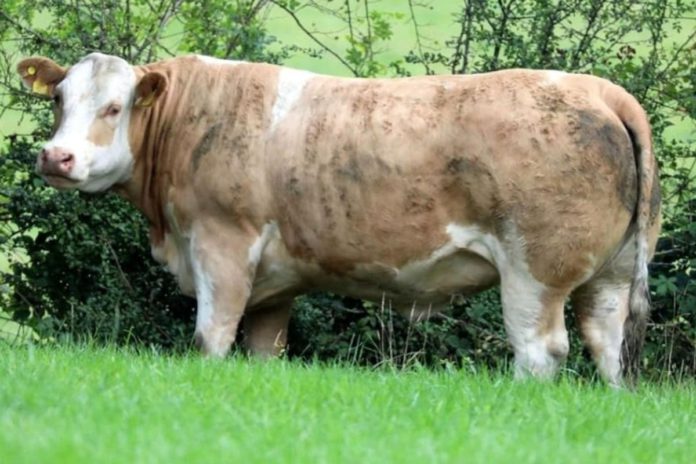Many farm businesses in England may struggle to cope with the challenges of new agricultural policies and the Basic Payment Scheme’s withdrawal.
That is what a major survey of rural businesses by the National Innovation Centre for Rural Enterprise (NICRE) has concluded.
More than six out of 10 farms surveyed in the North East, South West and West Midlands revealed that they did not have a formal written business plan.
Almost 80% said they had not accessed external support from any advisory service.
Brexit
In the policy shake-up following the UK’s exit from the European Union, regulations and red tape were the most commonly-cited obstacles to farm business success, with 71% of farms identifying them as a key concern, compared to less than half of other rural businesses.
The findings from NICRE’s rural business survey conducted last summer indicate that farms’ experiences of the pandemic differed considerably from that of non-farms.
This, a spokesperson for the survey, says this reflects the different context and nature of farming, where big changes in agricultural policy and markets dominated their trading situation, by comparison to more limited impacts of Covid.
NICRE Co-director Janet Dwyer, Professor of Rural Policy at the Countryside and Community Research Institute (CCRI), one of NICRE’s founding university partners, says that “careful” medium-term planning, and building in the headroom to innovate, remain “essential” tactics for farms’ survival just as much as for other rural businesses, in these challenging times.
“Our evidence that farms are less likely than other rural businesses to engage in formal business planning and seek advice highlights a potential future risk, as farms position themselves to cope with the ongoing transition process and slow roll-out of the new schemes.”
“In turn, the government should recognise its key challenge – underlined by the overwhelming concern with bureaucracy revealed in our survey – to deliver its new policies in ways that are truly accessible and will enable all farms to deliver a high-quality environment alongside excellence in food production, energy generation and other key services.”
Turnout
Around one half of the 529 farms, which participated in the survey, reported that their turnover stayed the same in the previous 12 months, compared to around a quarter of other rural businesses.
Nearly three-quarters of farms reported that they generated a profit or surplus, compared to 66% of rural firms.
Furthermore, almost four out of ten farms reported no impact of the pandemic, compared to just one in 10 rural businesses.
Farmers were “much less likely” to use the government’s Covid support measures than other rural businesses.
Just over half (54%) of farms accessed it, compared to 70% of rural businesses.
The evidence shows that farms were more likely instead to draw on family support to reduce their pandemic-related costs, typically family members working longer hours or family money being used to support the business.
Change
The Department for Environment, Food and Rural Affairs and Strutt and Parker, have welcomed the recent NICRE report.
Jonathan Armitage, Head of Farming at Strutt and Parker, NICRE’s business partner, said: “The impact of the removal of 75 years of publicly-funded support for farming activities, massive changes in input and output prices, and the need for different approaches to land management make it even more important for farmers to plan ahead and manage risk.”
“The most successful businesses are driven by people who have a clear plan with focused objectives and who welcome engagement with all of their ‘partners’ including staff, customers, plus technical and business advisors.
In these most challenging of times for UK farming, he said NICRE’s report is “extremely timely”.
“While it demonstrates the concern over regulation, our experience has shown a really encouraging level of enthusiasm and innovation to address the key issues.”
Farming schemes
Farming Minister Victoria Prentis said new farming schemes will be “simpler, fairer, more proportionate, more accessible and more effective.”
The minister said they would support the choices that individuals make for their own holdings.
“That is why we are working with thousands of farmers across the sector to co-design them to ensure they work for them.”
“Engaging in formal business planning is important as farms prepare for future challenges. That is why our Future Farming Resilience Fund provides free business advice to farmers across England.”
Over 9,000 businesses have already benefitted from the service, and a final phase targeting a further 32,000 farmers and land managers will be available from October.
Other articles on That’s Farming:





